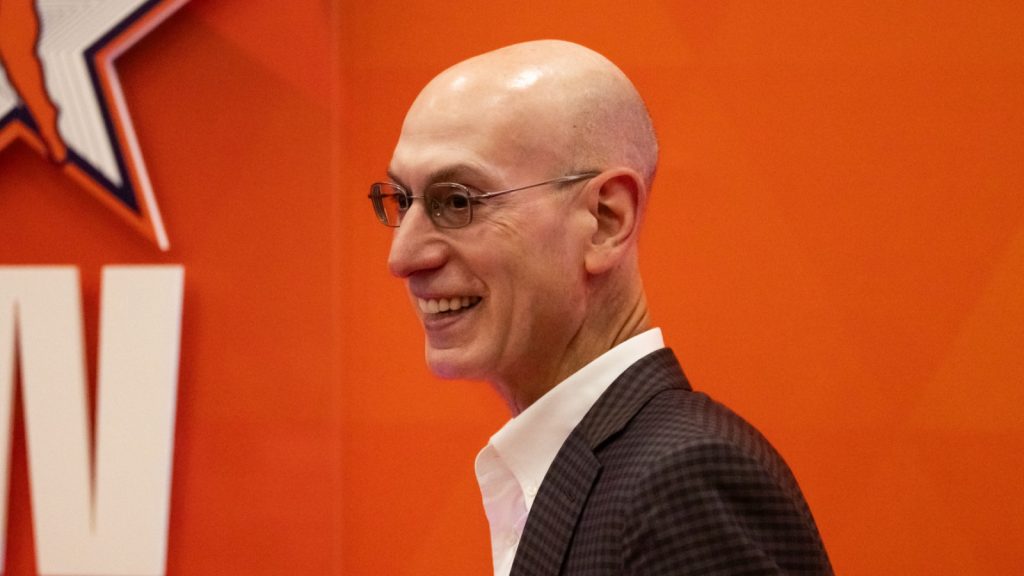In 2019, the NBA founded Basketball Africa League in partnership with FIBA. They also relied heavily on Paul Kagame, who has been president of Rwanda since 2000 and has had charge of the Rwandan military since 1994.
Three decades ago, Kagame was a commander in the Rwandan Patriotic Front, the rebel army that ended the Rwandan genocide via a military victory. But since then, he’s been considered an authoritarian leader who has overseen “significant human rights abuses.”
Tuesday, two U.S. senators sent a bipartisan letter to NBA commissioner Adam Silver accusing the league of “putting profit over principle” by working with “dictators and despots” such as Kagame. The letter, which was signed by Marsha Blackburn (R-Tennessee) and Jeff Merkley (D-Oregon), also discussed the NBA’s significant investments in China, another nation with a record of repression and human rights abuses.
Rwanda built a 10,000-seat, $104M arena in 2018 in the capital city of Kigali, which has hosted the BAL finals in all four of its seasons. Bloomberg valued the NBA’s overall investment in Africa at $1B three years ago, but their investment can be seen non-monetarily on the court. Last season, opening rosters featured 15 players born in Africa, and nearly 10% of the league’s players had one or more parents born on the continent.
The question remains whether the potential profits of investing in Africa, as well as the added economic and professional opportunities for people living on the continent, are worth getting into business with a politician like Kagame, who has allegedly made a regular practice of jailing, torturing and “disappearing” his political opponents.
That includes Paul Rusesabagin, the hotel manager who sheltered over 1,000 people in his hotel during the genocide, immortalized by an Oscar-nominated performance by Don Cheadle in “Hotel Rwanda.” Kagame imprisoned Rusesabagin for 30 months under dubious charges of abetting terrorism, before his release in 2023.
But Rwanda isn’t the only place the NBA does business with governments accused of abuses. There’s a massive investment in China, reportedly worth over $10B.
Last summer, the sovereign wealth fund of Qatar, a country accused of serious human rights abuses, bought a 5% stake in the Washington Wizards. The league will pay two preseason games in the United Arab Emirates this year, also not a champion of human rights.
For a league that prides itself on its social conscience, its international partners often practice the opposite of what the ideals the NBA claims it promotes. Perhaps that moral compromise is made with the best intentions for the people in affected countries.
But it also may be that the league simply wants to make as much money as they can, no matter where that is.

